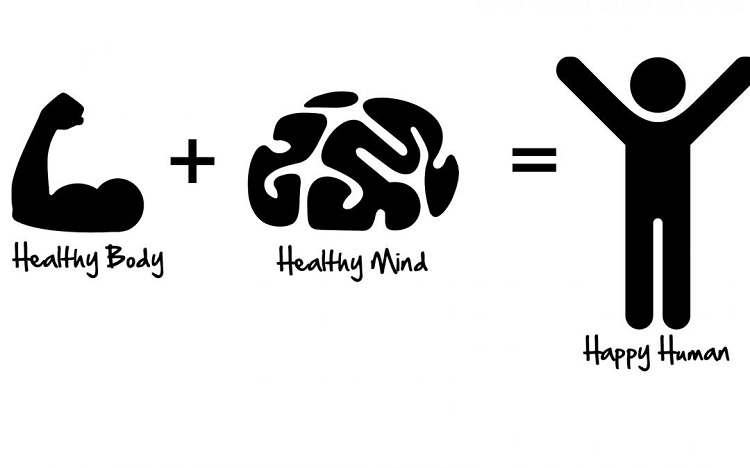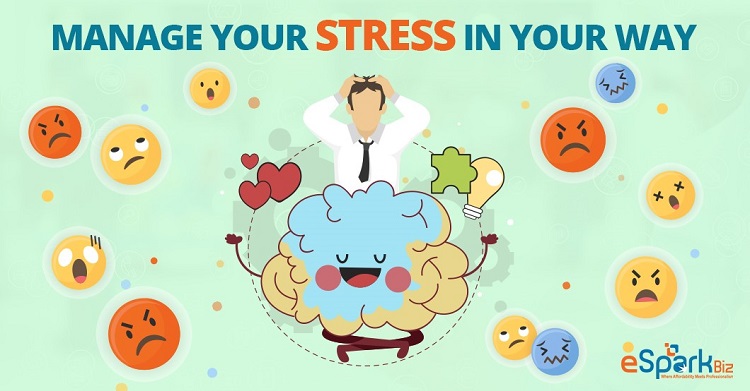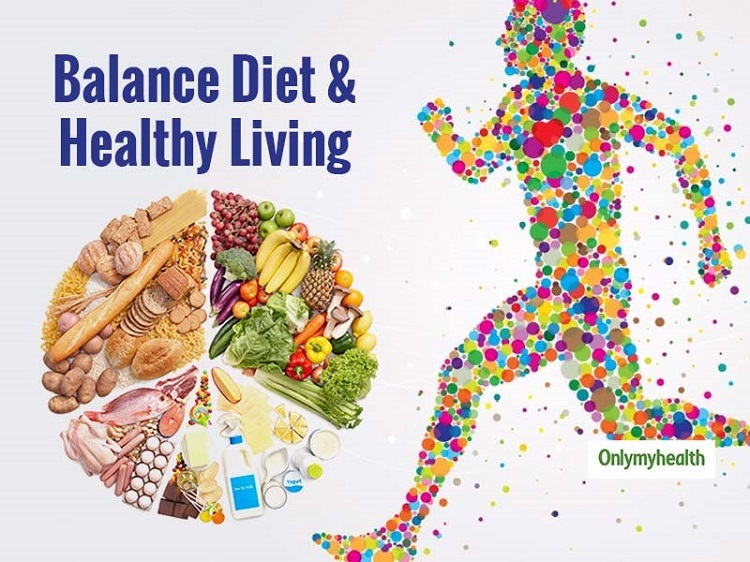Connection Between Mental and Physical Health
Mental and physical health are fundamentally linked. There are multiple associations between mental health and chronic physical conditions that significantly impact people’s quality of life, demands on health care and other publicly funded services, and generate consequences to society. The World Health Organization (WHO) defines: health as a state of complete physical, mental and social well-being and not merely the absence of disease or infirmity. The WHO states that “there is no health without mental health.” (1).

Nowhere is the relationship between mental and physical health more evident than in the area of chronic conditions. The associations between mental and physical health are:
- Poor mental health is a risk factor for chronic physical conditions.
- People with serious mental health conditions are at high risk of experiencing chronic physical conditions.
- People with chronic physical conditions are at risk of developing poor mental health.
Understanding the links between mind and body is the first step in developing strategies to reduce the incidence of co-existing conditions and support those already living with mental illnesses and chronic physical conditions. (2)
A healthy lifestyle can help to prevent the onset or worsening of mental health conditions like depression and anxiety, as well as heart disease, diabetes, obesity and other chronic health problems. It can also play a big role in helping people recover from these conditions.
Managing stress, getting enough sleep, staying active, and eating healthy are important actions to take to improve your overall health and wellness (3),(4)
Stress
Stress is a normal part of life. You can feel stress in your body when you have too much to do or when you haven’t slept well. You can also feel stress when you worry about things like your job, money, relationships, or a friend or family member who is struggling with illness or difficult circumstances.
No one likes to be stressed out – especially when we know it can be linked to poor health. Learning how to manage your stress can be a small change with a big positive impact on your physical and mental health.

Sleep
Sleep plays a role in our moods, ability to learn and make memories, the health of our organs, how well our immune system works, and other bodily functions like appetite, metabolism, and hormone release.
Your physical and emotional health depend so much on how rested you are. Sleep is fundamental to a healthy mind and body – getting a good night’s sleep can make a huge difference in your overall health.
Exercise
Staying active can benefit so many aspects of your body and can even prevent physical and mental health symptoms from worsening. It’s necessary to incorporate physical activity daily to ensure your body and your mind are healthy.
You don’t have to have a gym membership to make exercise a part of your life. Picking physical activities that you enjoy and are easy to incorporate into your routine is important.

Nutrition, Diet, and Gut Health
The quality of the food you eat can impact your overall physical and mental health. Eating nutritious foods can go a long way toward achieving a healthy lifestyle.
That gut-wrenching feeling in the pit of your stomach is all too real – your gut is sensitive to emotions like anger, anxiety, sadness, and joy – and your brain can react to signals from your stomach. All the more reason to eat a balanced and nutritious diet – so that your gut and your brain can be healthy.
Diet is linked to the hippocampus, a key area of the brain involved in learning, memory, and mental health. People with healthy diets have more hippocampal volume than those with unhealthy diets.
Here are 5 Natural supplements for mental health
Folic Acid
Folic acid is a B vitamin, found in green leafy vegetables, citrus fruits, beans, and fortified breads and cereals. It is available as a vitamin supplement or as a prescription medication (leucovorin or L-methylfolate). When combined with an antidepressant, folic acid supplements can boost symptom relief — especially in women. (5)
Ginkgo biloba
Ginkgo biloba is one of the oldest and most-commonly-used supplements for better brain and mental function. Ginkgo contains high levels of flavonoids and terpenoids, which are compounds known for their strong antioxidant effects. Ginkgo’s antioxidant content may be the reason behind many of its health claims. Here are some benefits of Ginkgo biloba: improves brain function and well-being, reduces symptoms of psychiatric disorders and dementia, reduce symptoms of anxiety and depression.(6)

Omega-3 fatty acids
Omega-3 supplements may boost the effectiveness of antidepressants. These supplements may provide a stand-alone treatment option for people concerned about side effects of antidepressants, such as the elderly, people with multiple medical conditions, and women who are pregnant or breast-feeding. In people with bipolar disorder, omega-3 fats may be helpful for treating depression, but can trigger mania, so it’s important to take these supplements along with a mood stabilizer.(5)
Panax ginseng
Panax ginseng, has been used in traditional Chinese medicine for centuries, could help improve brain functions like memory, behavior and mood. Furthermore, Ginseng has been shown to help fight fatigue and promote energy. (7)

Valerian
This herb is derived form the root of a pink flower, Valeriana officinalis. Valerian may be an option for elderly people, as it does not cause as many memory and thinking problems as benzodiazepines (sedative medications) do. It may also help children who have problems falling asleep. It may reduce anxiety and improve sleep in children with attention deficit hyperactivity disorder.(5)
The Bottom Line
The overall wellness is impacted by both physical health and mental health. Key aspects of prevention are enhancing protective factors and reducing risk factors related to mental and physical health, like increasing physical activity, access to nutritious foods, ensuring work–life balance.
Reference
Promoting mental health : concepts, emerging evidence, practice : summary report / a report from the World Health Organization, Department of Mental Health and Substance Abuse in collaboration with the Victorian Health Promotion Foundation (VicHealth) and the University of Melbourne. (2004)
https://ontario.cmha.ca/documents/connection-between-mental-and-physical
health/https://mentalhealthmn.org/learn-more/mental-health-and-physical-health/
https://www.health.harvard.edu/newsletter_article/natural-supplements-for-mental-health
https://www.healthline.com/nutrition/ginkgo-biloba-benefits#TOC_TITLE_HDR_7
https://www.healthline.com/nutrition/ginseng-benefits#TOC_TITLE_HDR_2
- 1. Energize and focus your new year with Ginseng and Ginkgo Biloba
- 2. CAN PEOPLE WITH HYPERTENSION USE CORDYCEPS?
- 3. COMMON HABITS CAUSES CEREBRAL ISCHEMIA
- 4. TIPS FOR STAYING HEALTHY IN THE AUTUMN
- 5. THE EXPERT’S SHARING: THE KEY TO START A NEW DAY FULL OF ENERGY
- 6. GINSENG – “SPECIAL” HERBAL MEDICINE FOR FATIGUE PEOPLE

